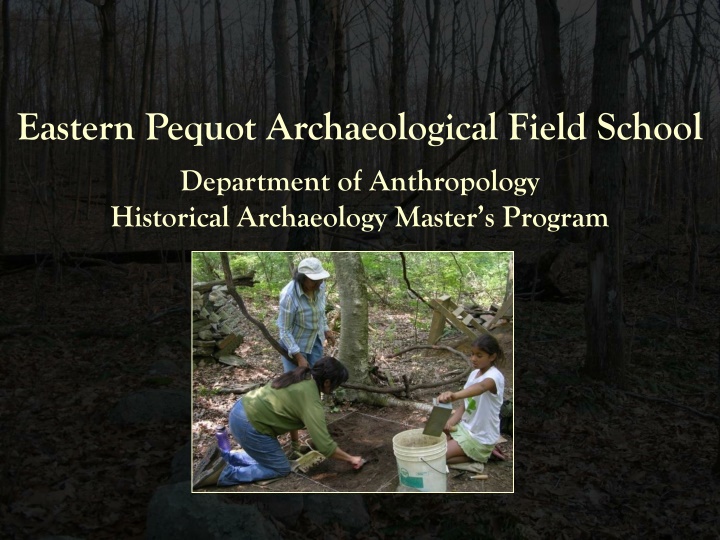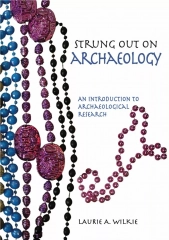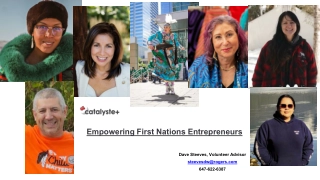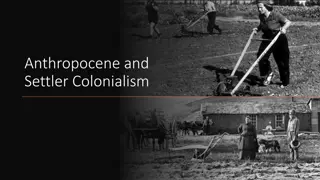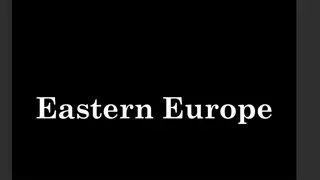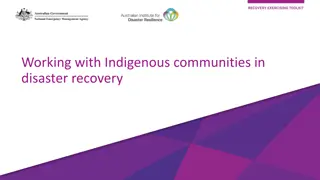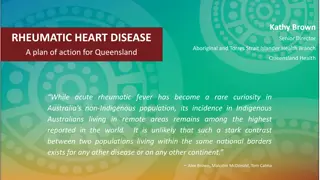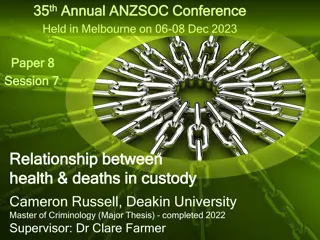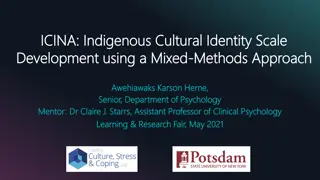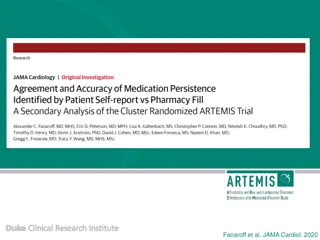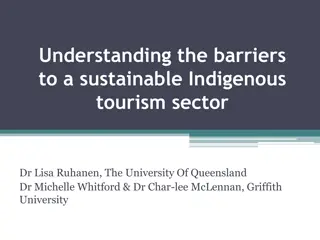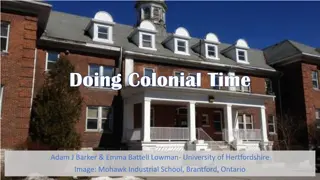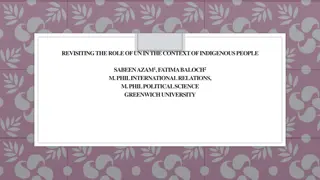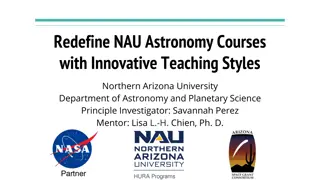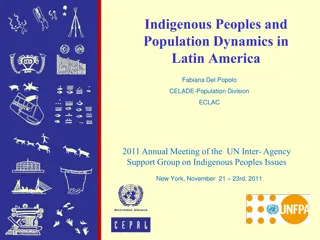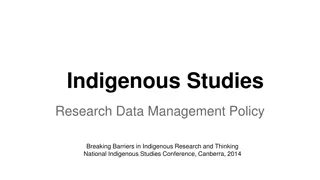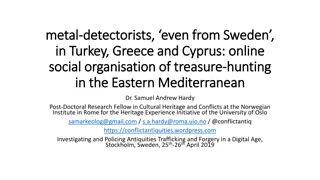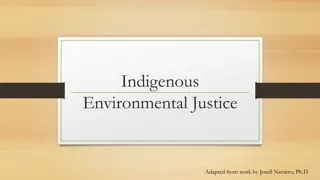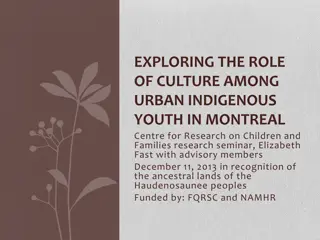Eastern Pequot Archaeological Field School - Study Indigenous Cultural Persistence
Eastern Pequot Archaeological Field School offers a unique opportunity to study Indigenous cultural persistence and responses to colonialism through standard archaeological field methods. Established in 2003, this field school in North Stonington, Connecticut, emphasizes community engagement and collaboration with Native American community members to ensure the relevance of archaeological work. Led by experienced professors and tribal councilors, the program aims to integrate community preferences into student training and fieldwork, promoting a deeper understanding of Indigenous heritage.
Download Presentation

Please find below an Image/Link to download the presentation.
The content on the website is provided AS IS for your information and personal use only. It may not be sold, licensed, or shared on other websites without obtaining consent from the author.If you encounter any issues during the download, it is possible that the publisher has removed the file from their server.
You are allowed to download the files provided on this website for personal or commercial use, subject to the condition that they are used lawfully. All files are the property of their respective owners.
The content on the website is provided AS IS for your information and personal use only. It may not be sold, licensed, or shared on other websites without obtaining consent from the author.
E N D
Presentation Transcript
Eastern Pequot Archaeological Field School Department of Anthropology Historical Archaeology Master s Program
Eastern Pequot Archaeological Field School Anthropology 485 (Summer 2013) One section of department s field school rubric Ongoing for eight summers since 2003 North Stonington, Connecticut Course description and objectives Teach standard archaeological field methods Study Indigenous cultural and community persistence within and responses to colonialism Collaborate with Native American community members to ensure that archaeological work meets their needs Involve students in community-engaged scholarship and learning
Eastern Pequot Archaeological Field School Stephen W. Silliman Professor of Anthropology, Graduate Program Director UMass Boston Judith F. Zeitlin (participant for CESI grant) Professor of Anthropology, Department Chair UMass Boston Katherine Sebastian Dring Tribal Councilor Eastern Pequot Tribal Nation Brenda Geer Tribal Councilor, Corresponding Secretary Eastern Pequot Tribal Nation J. Cedric Woods Institute for New England Native American Studies, Director UMass Boston
Eastern Pequot Archaeological Field School Project goals Maintain current level of community engagement Involve tribal community members in fieldwork Seek Tribal Council approval for project components Participate in cultural and social events involving students and community members Integrate community preferences into archaeological practice and student training
Eastern Pequot Archaeological Field School Project goals Maintain current level of community engagement Involve tribal community members in fieldwork Seek Tribal Council approval for project components Participate in cultural and social events involving students and community members Integrate community preferences into archaeological practice and student training Develop new kinds of community engagement Design public/private website for more sustained conversations and better pedagogical anchor Before, during, and after field course Involving students and community members Mainly within private virtual collaborative space
Eastern Pequot Archaeological Field School Anticipated project outcomes Design and launch course website for Summer 2013 or shortly thereafter Continue to involve Eastern Pequot community members in fieldwork, planning, and interpretation Further train Eastern Pequot tribal members in archaeological techniques and offer course credit Provide students with perspectives and tools for achieving positive outcomes for communities Demonstrate to students (and the archaeological community) why community engagement makes research better Advance academic research on colonialism, indigeneity, and the politics of heritage
Eastern Pequot Archaeological Field School Hopes for workshop Consider other Web 2.0 collaborative options to make most informed decision Discover new venues, relationships, and outcomes possible with community engagement Discuss relationship between scholarship, community work, and activism/advocacy Better connect with other faculty members pursuing a diversity of community-engagement projects
